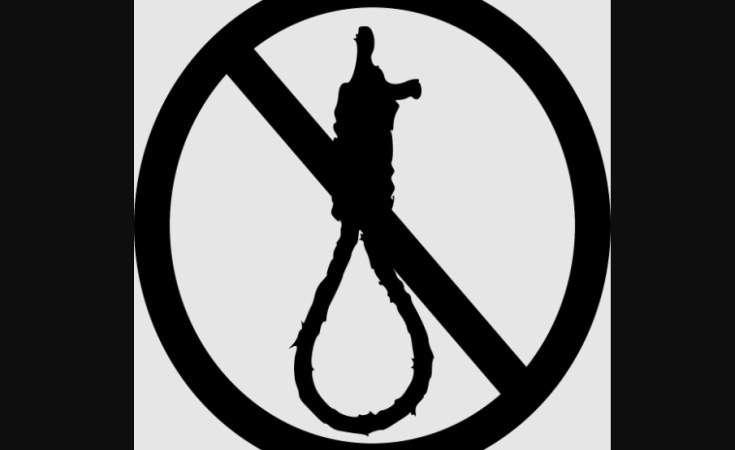There are at present at least 63 people on death row nationwide after being sentenced for aggravated murder, and who will be returned to court for re-sentencing to the new maximum of life imprisonment or a lengthy determinate sentence should Parliament abolish the death penalty.
This comes as the Private Member's Bill to abolish the death penalty in Zimbabwe on Tuesday received Cabinet backing, basically assuring that it will be passed by Parliament, with life imprisonment now becoming the maximum sentence for aggravated murder.
Information, Publicity and Broadcasting Services Minister Dr Jenfan Muswere said after the Cabinet meeting that while approving the Bill to abolish the death penalty, Cabinet still wanted the new law to impose lengthy sentences to deter murder. It was agreed that the circumstances that attracted the death penalty in the past, where the murder was committed against a prison or police officer, or a minor or pregnant woman, or was committed in the course of other serious crimes or where there was pre-meditation, then a suitable severe penalty was needed.
"In view of the need to retain the deterrent element in sentencing murderers, it is expected that the new law will impose lengthy sentences without violating the right to life," said Minister Muswere. In Zimbabwe, women, persons under the age of 21 and people over 70 years cannot be sentenced to death at present.
But there has been a moratorium on execution since 2005 after the execution of Stephen Chidhumo and Edgar Masendeke, but legally a High Court judge can impose the death penalty on men found guilty of aggravated murder.
However, Presidential clemency orders have been commuting such sentences to life imprisonment for some years now. Speaking at the death penalty workshop organised by Amnesty International in Harare yesterday, Dzivaresekwa legislator and member of the Parliamentary Legal Committee Mr Edwin Mushoriwa said Zimbabwe was moving towards the abolition of the death penalty.
"The majority of our people want death penalty to be abolished," Mr Mushoriwa said.
"More than 63 inmates who are currently on death row are likely to survive should the death sentence be abolished in Zimbabwe. The process of spending more than 20 years in prison is more punitive than a death sentence.
"We need to make sure that we respect the right to life and our hope is that this Bill will pass through. I am very confident that by the end of this year Zimbabwe will be one of the countries that would have abolished the death penalty in its statutes."
Amnesty International campaigns officer Ms Lucy Chivasa said the death penalty was the ultimate, cruel, inhumane and degrading punishment.
"Amnesty International opposes the death penalty in all cases without exception regardless of who is accused, the nature of circumstances of the crime, guilt or innocence or method of execution," she said.
"The Universal Declaration of Human Rights is the background to the abolition of the death penalty as it speaks to the right to life. Articles 3 and 5 say no one should be subjected to torture and inhumane treatment.
"The death penalty is not an issue of public opinion because some people do not know about it. We are confident and we know that death penalty is not about public opinion but political will."
Prisoners on death row will be resentenced by the High Court and can appeal to the Supreme Court against their new sentences and are allowed to apply to the President for clemency under Section 112 of the Constitution.
Zimbabwe as an independent nation was wary of the death penalty from the beginning and had dumped and replaced a multitude of colonial laws with hanging clauses, even the option of a death penalty for some ordinary crimes, leaving a death sentence only for murder without extenuating circumstances.
Hanging required a positive decision by a Cabinet majority under the 1980 Constitution, and it became apparent during the 1990s that there was a growing abhorrence of implementing that sentence.
This saw the growing number of Presidential clemency orders substituting sentences of life imprisonment, a procedure that has now been routine for a long time.


